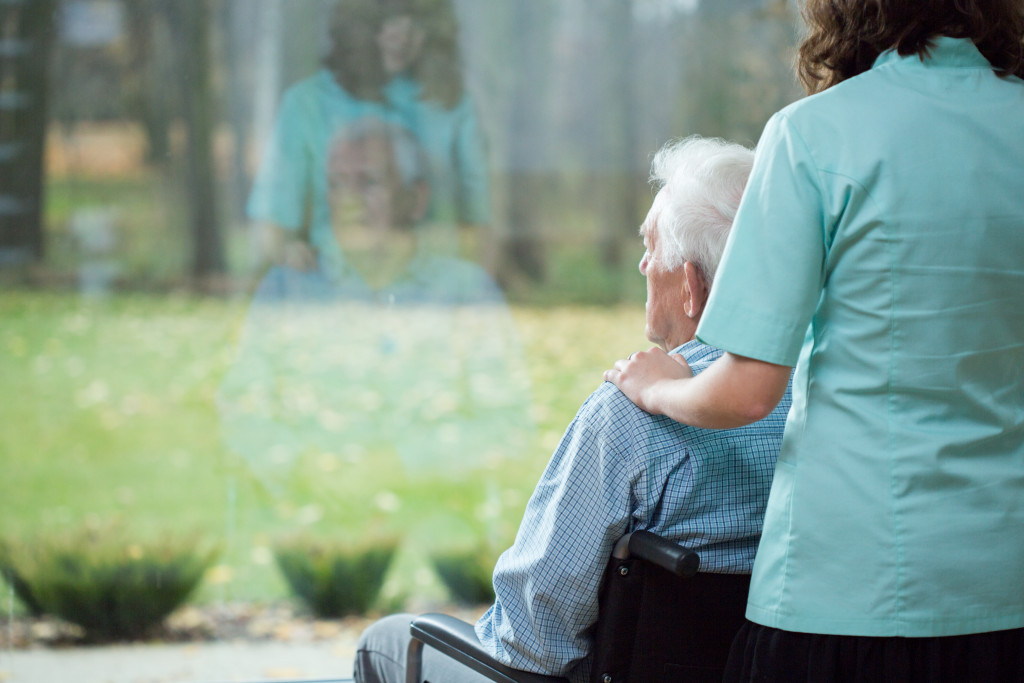Being a caregiver for an elderly loved one can be emotionally and physically demanding. Caregivers mustn’t forget to take time out of their day for self-care to avoid burnout. Burnout can negatively impact your caregiving skills and can even permanently damage your health. If you’re feeling overwhelmed, this article is for you. Let us discuss ways to avoid caregiver burnout while living with an elderly loved one.
1. Create a Schedule
Creating a schedule is key when it comes to avoiding caregiver burnout. Having a plan for each day can help reduce the feeling of being overwhelmed by all the tasks. Make sure to build in breaks throughout the day, and remember that you don’t have to do everything at once. Be realistic about what you can handle and permit yourself to say “no” when necessary.
You also want to plan a schedule with your elderly loved one. They will feel more secure and independent if they know what activities are scheduled for the day/week. Ask them to list their daily and weekly needs and schedule time to do activities they enjoy. You can also plan activities with friends and family to ensure your elderly loved one is socializing.
2. Reach Out for Help
We all need help from time to time, so don’t hesitate to reach out for help if you need it. Whether having someone come over once or twice a week or asking family and friends for assistance, don’t be afraid to ask for help when needed. Other family members can take on some of the caregiver responsibilities, or you can look into hiring professional caregivers.
Many experienced hospice nurses provide respite care and can offer a much-needed break for you. They will provide high-quality, compassionate care to ensure your elderly loved one is safe and comfortable while you focus on yourself. Certified nurses can also offer advice and resources to help with the caregiver role. Just be sure to do your research and find a reputable provider.
3. Set Boundaries
Setting boundaries between yourself and your elderly loved one is essential to prevent caregiver burnout. This means not taking on too much responsibility or allowing yourself to become overextended as a caregiver. Take time out of your day just for yourself—even if it’s just 10 minutes—so that you can recharge and reset before tackling the next task or challenge ahead of you.
You must remember that caring for yourself is just as important as caring for your loved one! Many caregivers tend to neglect their needs, so remember to prioritize yourself. If you don’t take care of yourself, you won’t be able to take care of your elderly loved one.

4. Make Time for Relaxation
Relaxation is an important part of self-care. Finding ways to relieve stress, such as taking a warm bath or reading a book, can help you feel more relaxed and rejuvenated. Exercise is another great way to reduce stress while improving your physical and mental health. Consider joining a yoga class or taking a walk outdoors to clear your head and get some fresh air.
Of course, you can also relax with your elderly loved one by watching a movie or sharing stories and memories. This is an excellent way to connect with your elderly loved one while taking a break from your caregiver duties. Ensure they are comfortable and taken care of while you take a break.
5. Cultivate Patience
Finally, it is very important to cultivate patience when caring for an elderly loved one. This can be difficult since caregiving duties can often feel overwhelming and stressful. The key is to remain patient and understanding throughout the process. Remember that your elderly loved one may not be able to do as much as they used to and that adjusting to the changes can be difficult for both of you.
If you are feeling overwhelmed, take a few deep breaths and remind yourself why you are doing this in the first place. Your patience and understanding can go a long way toward avoiding caregiver burnout. You are doing a great job, and you should be proud of yourself for all that you do!
Living with an elderly loved one can bring up many challenging moments and responsibilities that may lead caregivers down the road toward caregiver burnout. But with the right strategies and support, it is possible to care for yourself and your elderly loved one. Taking steps like having a support system, setting boundaries, relaxing, and cultivating patience can go a long way in avoiding caregiver burnout. Your well-being is just as important as the well-being of your elderly loved one, so don’t forget to make self-care a priority.
